YANGON—Yangon’s increasingly insecure residents have raised concerns about the deteriorating rule of law in the commercial capital amid a crime wave that has seen a rise in pickpocketing and muggings in public places, as well as more serious offenses such as gang fights and murders.
Gang-related murders in Tamwe, Mingalar Taungnyunt and Hlaingtharyar in September shocked Yangon residents as violent criminals blatantly challenged the rule of law.
The Irrawaddy asked Yangon regional lawmakers for their thoughts on the reasons for the rise in crime, and the growing problem of lawlessness in Yangon.
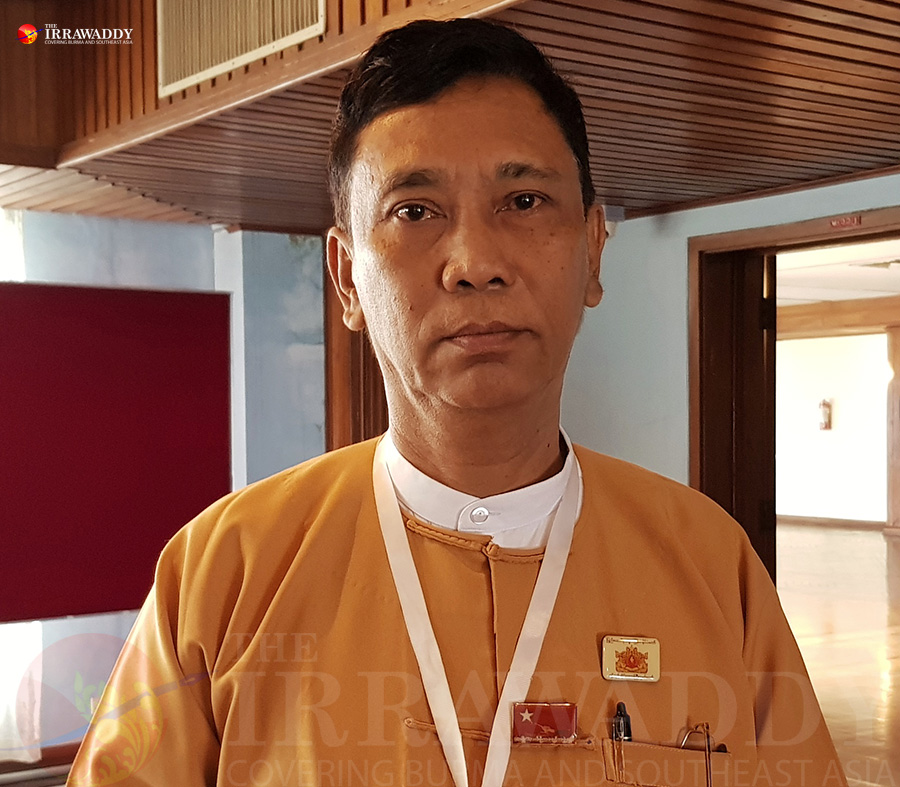
U Hla Htay (lawmaker, Mingalar Taungnyunt Township)
More serious mugging cases have occurred in crowded townships, especially in downtown areas. I’d say the security apparatus is weak. Township police stations are understaffed. And they also have to do other duties such as office work and so on. So they don’t have the manpower to provide security effectively. This is the worst thing. Criminals know this and take advantage of it.
The rise in crime figures is a challenge to the rule of law. Are those with responsibility for enforcing the law capable of it? If not, the crime problem will only get worse, and the challenge will become bigger.
The responsible departments have to add personnel if necessary, and design plans [to curb crime]. They must also ensure public participation. In the past, when necessary, crime control plans were carried out, and harsh penalties were imposed. There were harsh crackdowns and [criminals] were arrested. If those responsible for security make a concerted effort, [Yangon] will be a lot more peaceful.
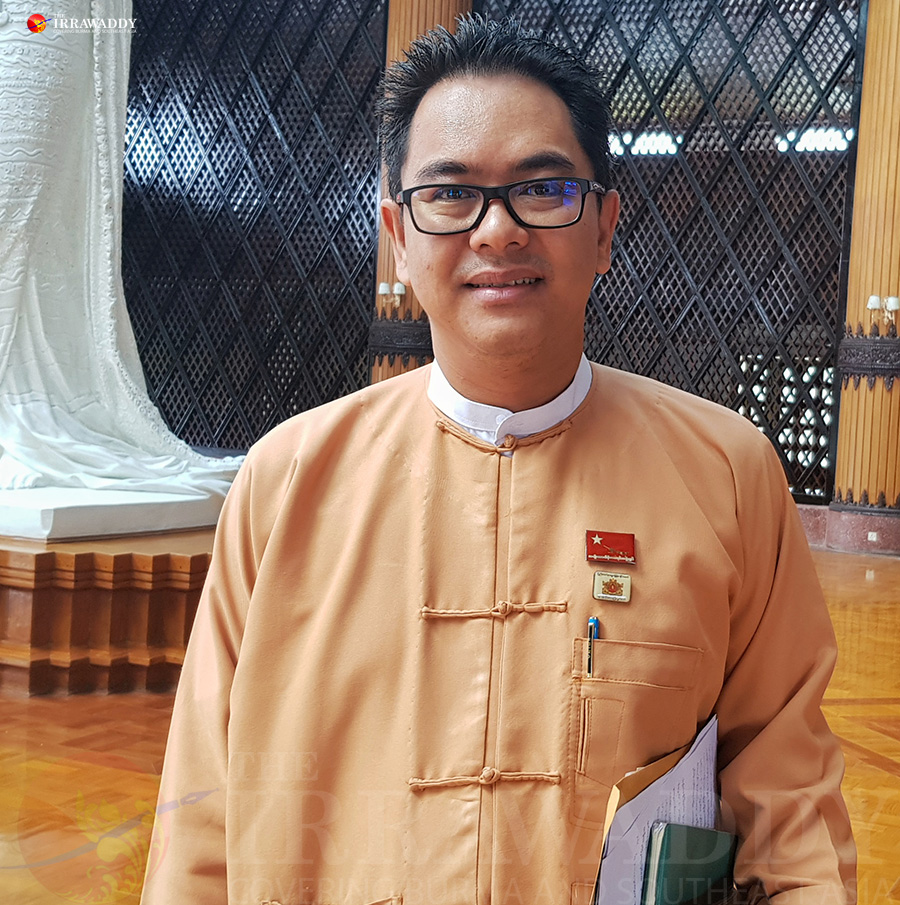
U Nay Phone Latt (lawmaker, Thingangyun Township)
There are probably various reasons for the increase in crime these days. There is a need to find out if it is being done deliberately to stir up trouble [for political reasons]. There is a need to find out the reasons behind the increase. If the increase is not [politically motivated], it might be mainly connected with the drug problem. There is increased consumption of alcohol and drugs [among the public]. Another factor is financial hardship. Why do people commit crimes? I am sure if people were able to make a decent living by working, they wouldn’t turn to crime.
Those who commit crimes are usually unemployed people who indulge themselves in alcohol and drugs. There is a need to control this. There will always be a certain level of crime, no matter how hard we try to control it. It concerns the rule of law. Criminals must be held accountable and given just punishments. But if the crime level is unusually high, there is a need to consider the things I’ve said. The problem can be solved only by taking these things into consideration.
There is a need to find out whether or not the crime wave is [being orchestrated for political reasons]. It is not unusual for the crime rate to increase in the run-up to an election. There is also a need to consider whether political dirty tricks are being played. The most important thing is to solve the crimes effectively, justly and impartially. Only then will people respect the law. The problem [with law enforcement] is that money talks in trials. Some cases are not even brought to the court when there is much money involved. There is a need to pay more attention to this issue.

Daw Kyi Pyar (lawmaker, Kyauktada Township)
Crimes have increased in big cities like Yangon and Mandalay lately. It was expected. It is not unusual in a country that is undergoing a transition. We are under international pressure and facing problems that have attracted international attention. The government is new, and there are many people who oppose the democratic transition. I feel that crime has increased recently.
Most of the recent crimes involved ex-convicts. It is said that some are forced [to commit crimes] due to financial hardship. But, as far as I’m concerned, most muggings and burglaries are committed by the same people. They commit crimes and are imprisoned. Prison should be a place where they can reform, but instead it is a place where they meet other criminals. Some will learn their lesson and live a moral life after they are released. But I’ve found that some become worse. It might be difficult to teach prisoners to become good people again. Prison alone can’t make them good people; there is also a need to create an environment [that encourages them turn over a new leaf.]
There is also a need to provide proper security for people who inform [on criminals]. People will inform [about crimes] only if they feel secure. The Home Affairs Ministry is mainly responsible for this. And the judicial branch is still weak, I think.
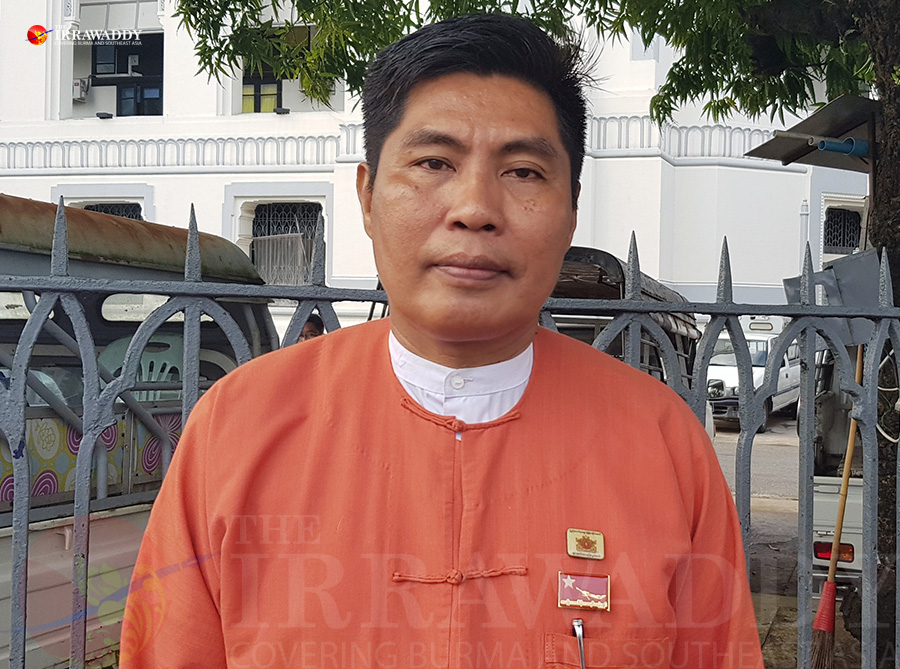
U Than Naing Oo (lawmaker, Pabedan Township)
I have found there are two reasons for the increase in crime. One is that people have become very poor. [Many] don’t work, but use drugs and alcohol. Another reason is that criminals are sometimes released as part of amnesties.
Recently, crimes have taken place in major cities. It might not be a coincidence. The public, the Home Affairs Ministry and responsible authorities should join hands to find an answer. Criminals can be divided into two groups—one group blatantly challenges the rule of law, and the other takes advantage of weak law enforcement.
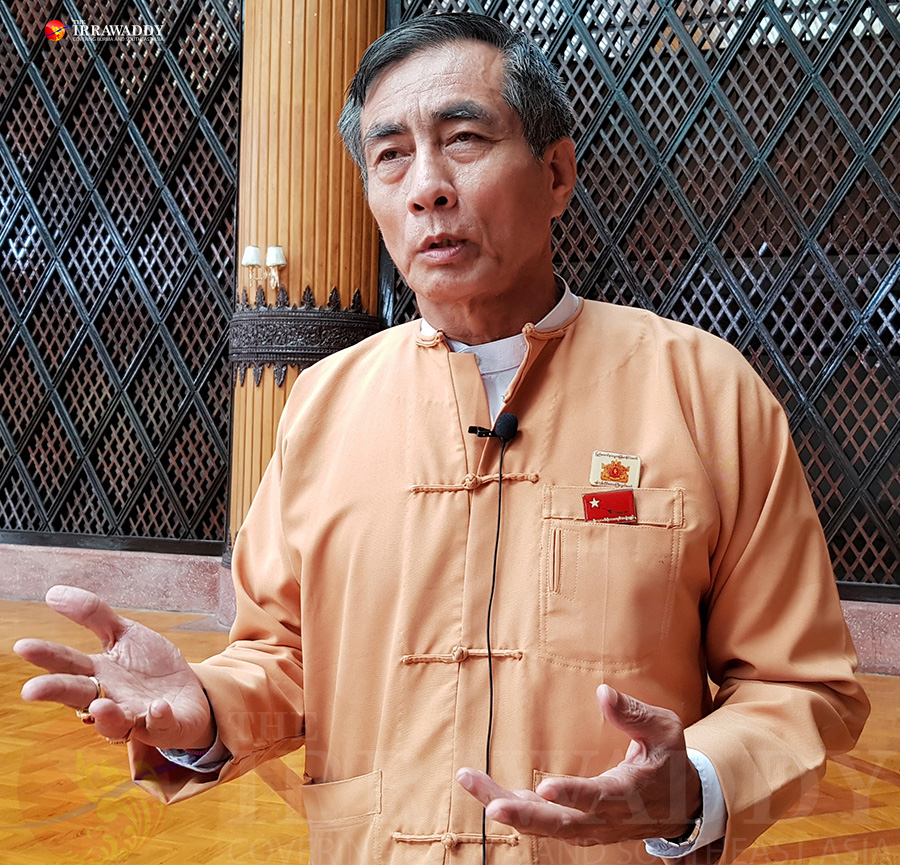
U Kyaw Zeya (lawmaker, Dagon Township)
In Yangon…many people are unemployed, while those who are employed are poorly paid. Crime has increased due to high unemployment. Those who live on low incomes can’t make ends meet, and think of doing something illegal. This has led to crimes. I can understand high crime levels in suburban areas like Hlaingtharyar, Shwepyithar and the new Dagon townships. But the fact that muggings are even taking place in my constituency, Dagon Township, a downtown area, shows that the rule of law is weak.
The Home Affairs Ministry has launched an “Eagle” campaign [to combat crime]. It is said the campaign is a community-based one. Tireless efforts were made, but only in the first few days of the campaign. Police manuals 1 and 2 have been released. Even if those manuals are not implemented 100 percent—even if they were just 70 percent implemented—then special operations [against crime] would be unnecessary. The police and the Home Affairs Ministry, I think, have been poor in taking real-time action.
If people weren’t suffering from financial hardship, the crime rate might decline. [But now] unemployment is high. And there are more wayward youths. Drugs are abundant and can be bought easily.
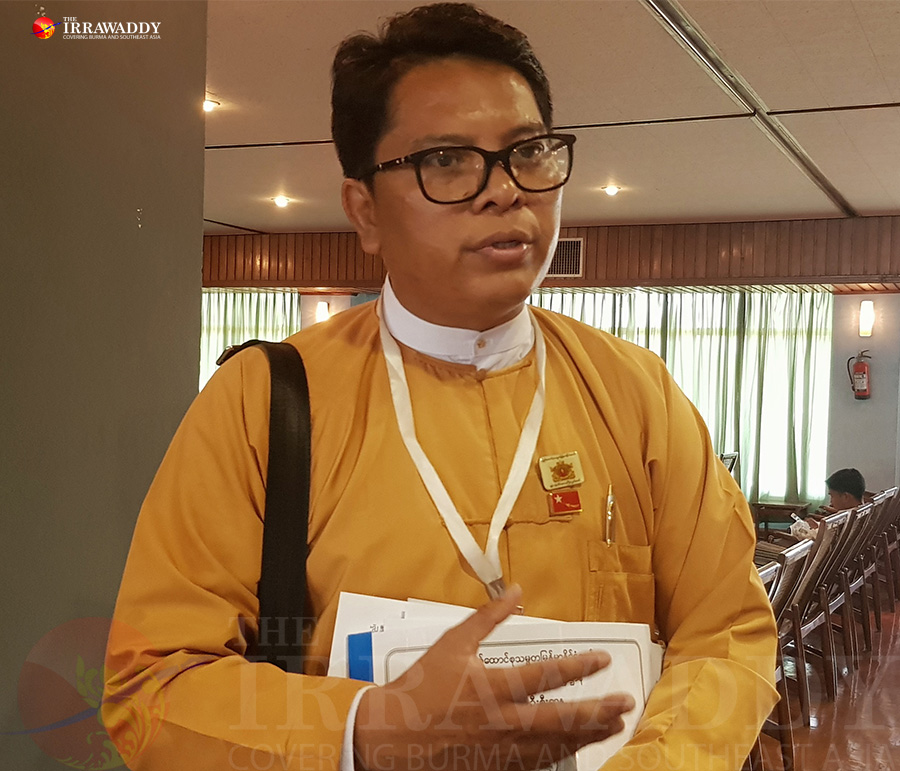
U Nyi Nyi (lawmaker, South Dagon Township)
Yes, it is true that the crime rate has increased, especially in impoverished parts of satellite towns. We need more police in response to the growing population. There is also a need to enhance the capacity of the police force. That will help reduce crime.
Some people have questioned the rule of law. There can’t be peace in the country without rule of law. The police are not the only ones responsible for the rule of law. The city administration is also responsible for it. By administration, I mean administrators at different levels, from the lowest level to the district level. Similarly, each and every citizen of the country has a responsibility to cooperate, I’d say.

















